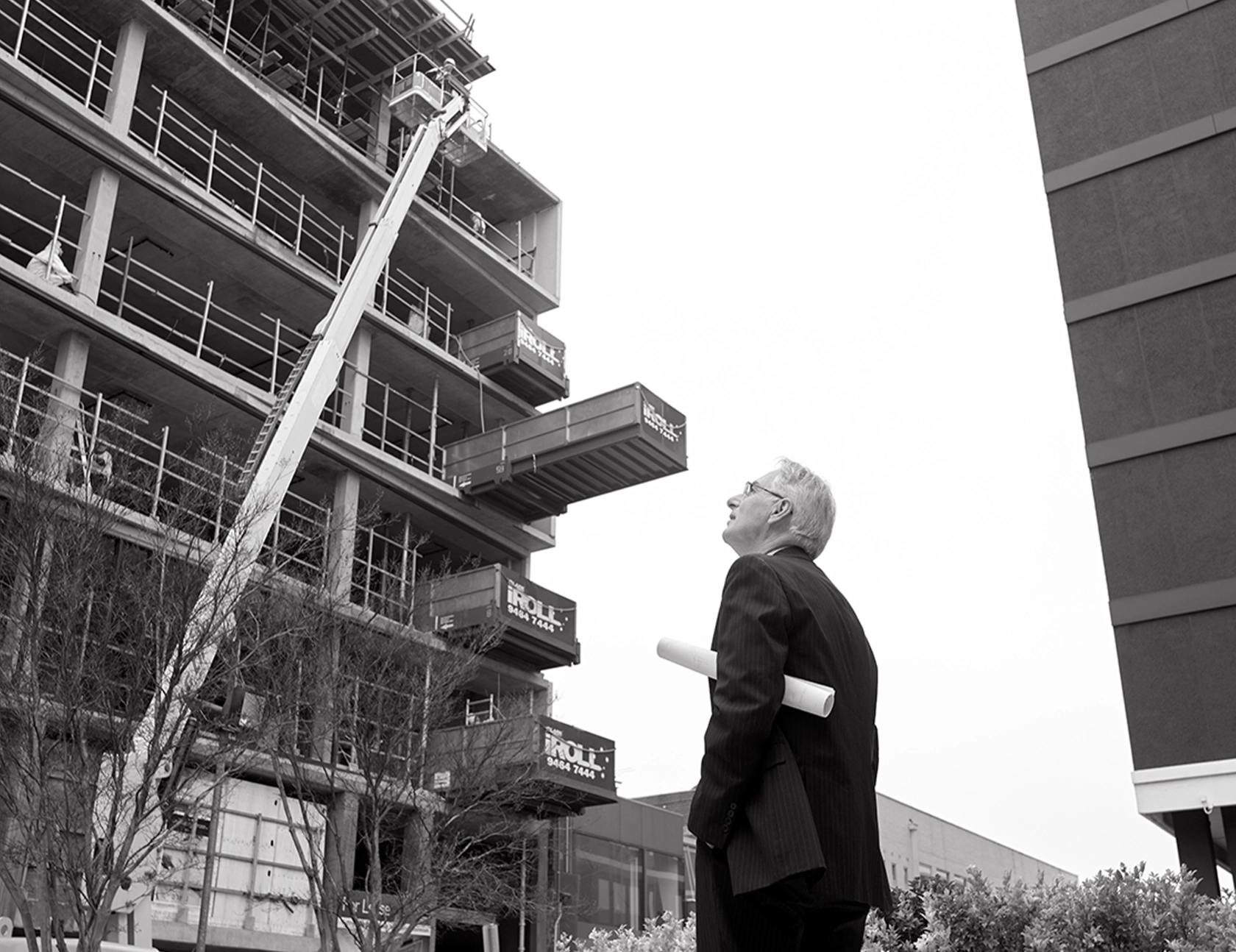Residential Properties:
The stamp duty increase will have a ripple effect, touching all participants in the state’s residential property market. It will encourage prospective buyers around the $2 million mark to look at cheaper options to avoid the extra duty, pushing more buyers into an already crowded segment of the market. Despite the State Government’s efforts to paint it as such, this will not only affect the top-end of the housing market but will trickle down to lower price points, particularly around the $1 million median house price range and compounding housing affordability issues.
Property Investors:
Property investors, who are still grappling with high vacancies and rental arrears from COVID-19, will not absorb the higher land tax and will instead pass these costs through to tenants. Most significantly affected will be businesses operating out of offices and industrial properties.
Property Developers:
The Government’s tax on windfall gains due to land rezoning will discourage developers from taking on projects. The tax on windfall gains will mean that many developments that would currently be considered profitable would not satisfy feasibility in the future and will not be pursued. This will lead to reduced supply in cheaper housing developments, creating upwards price pressure.
Tenants:
There are commercial property leases where land tax constitutes an outgoing recoverable by the landlord against the lessee. This will result in a direct cost increase of the lease. Transmission mechanisms will see this tax burden either reimbursed or filtered down to the lease cost.
The Australian economy is recovering better than expected from the COVID-19 pandemic, largely due to unprecedented government spending. This tax grab by the Victorian Government is, however, at odds with economic rehabilitation. While branded as a set of ‘Robin Hood’ measures, these policies might steal from the rich, but do not give to the poor and will reduce economic activity in the property sector. Are these tax changes a sign of what is to come as both Federal and State governments try to climb their way out of record debt? It seems Pandora’s Tax Box might be opening.
As we noted recently in our Federal Budget economic summary, fiscal policy is risking becoming blind to baked-in structural spending. Reversing spending is like driving over a political minefield (reference Abbott/Hockey). In Victoria, spending constraint is seemingly a foreign notion. The state is expected to receive an additional $6 billion in GST receipts over the forward four-year estimates, but such is the spending blow-out that even revenues of this magnitude can’t balance-out reckless spending. Victoria’s credit rating was cut in December 2020 from Aaa to Aa1 (Standard & Poor’s). On a balance of probabilities, expect more taxes and further credit rating cuts to come.
